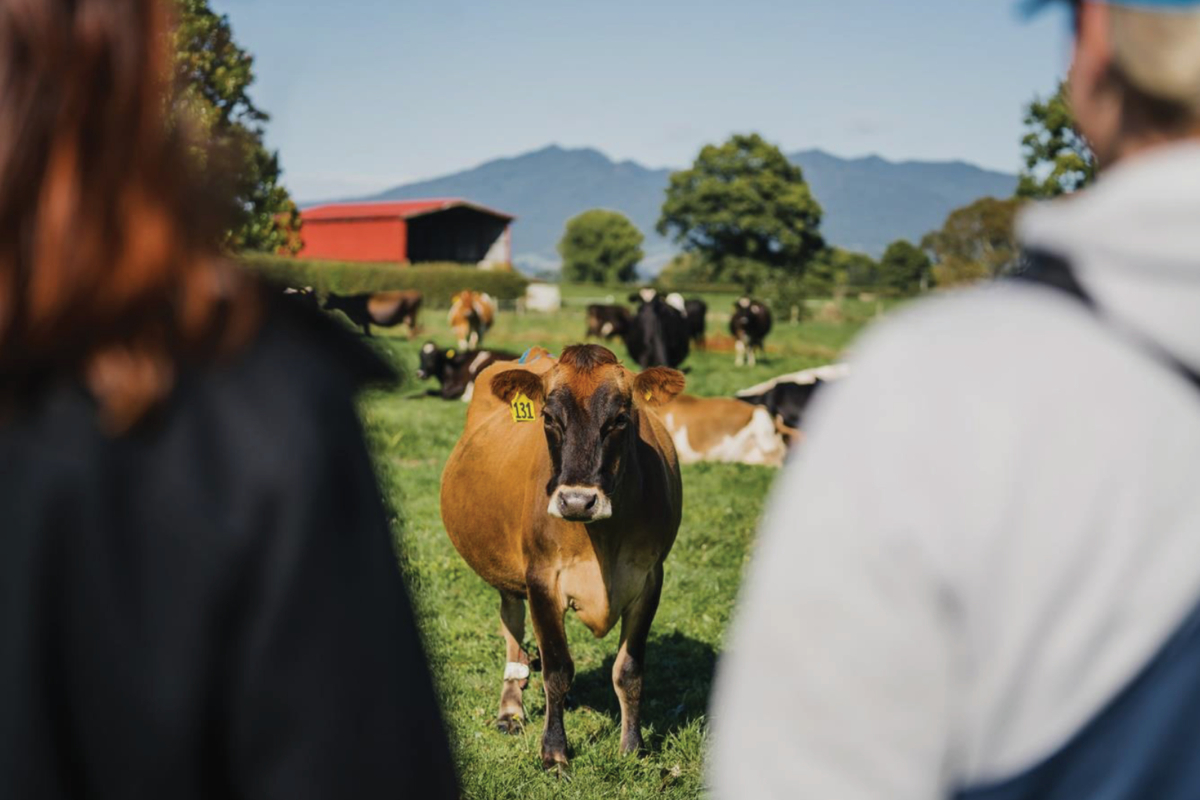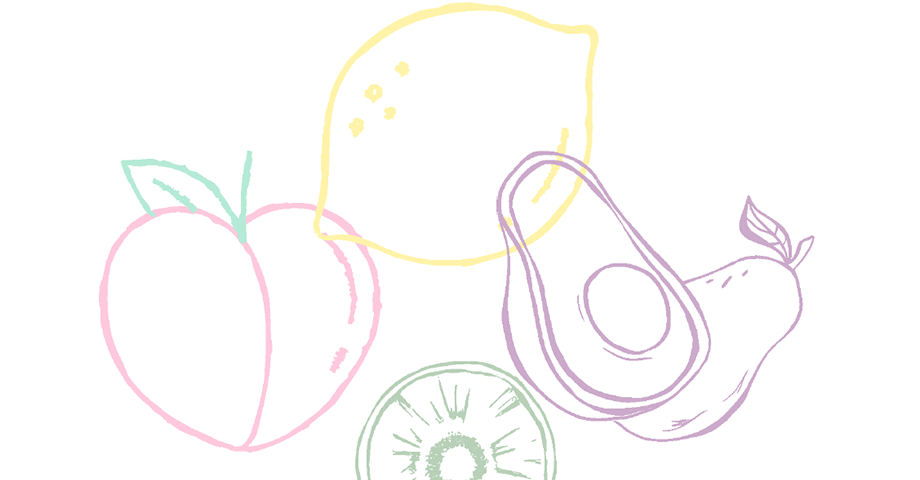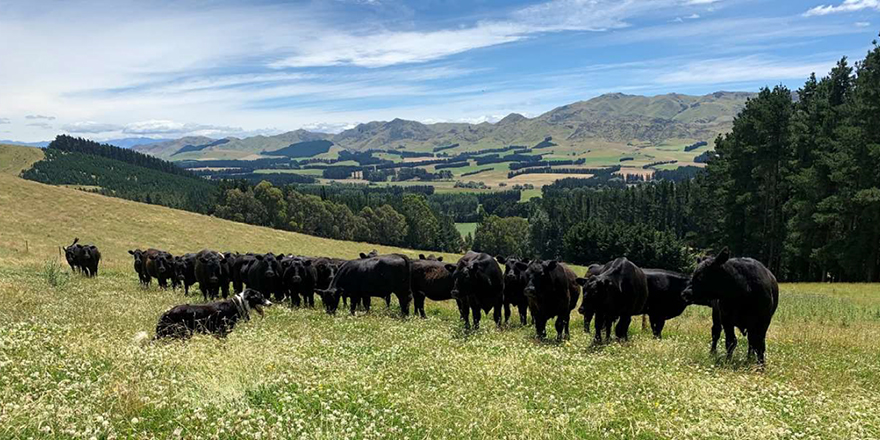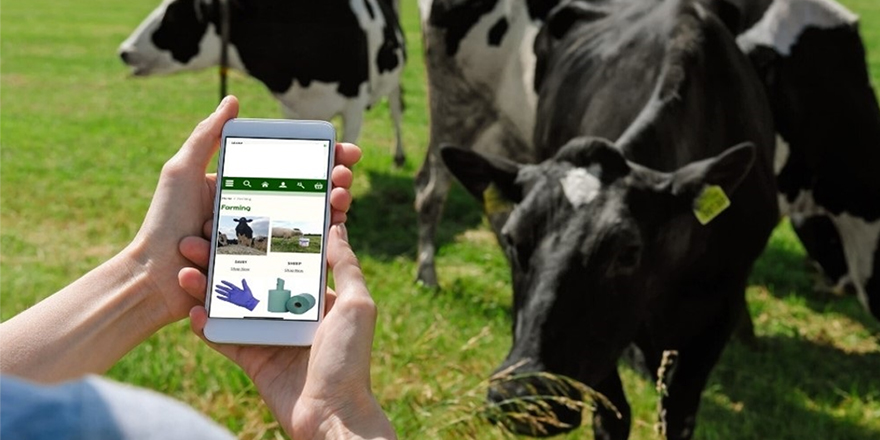
Executive summary
The New Zealand dairy sector constantly researches new products and technology for improved efficiency to sustainably meet growing production demands with fewer resources. The assessment of the value of innovation is no longer determined by monetary gains alone; the public perception of the innovation and its impact on the sector’s social licence to operate (SLO) are paramount in the current climate.
This project aims to bring attention to the importance of stakeholder engagement during the research and development phases of a dairy technology or product. The focus is twofold: first, what can we learn from the commercialisation of wearable technologies, and second, what perspectives and opinions do stakeholders have on genetic dairy technologies? The research question guiding this study is: How do we ensure that current and future genetic dairy technologies and products establish and maintain their social licence to deliver to their full potential?
A literature review was conducted to gain insights into the “What”: social licence to operate, by the “How”: stakeholder engagement, for the “Why”: genetic dairy technologies. The literature review also defines the background of cow wearables to demonstrate this technology’s use as a case study. Nineteen semi-structured interviews were carried out, four of which were conducted with wearable company representatives, aiming to gather qualitative data regarding companies’ product commercialisation and stakeholder engagement. The other fifteen interviews were with stakeholders investigating the SLO of four genetic dairy technologies.
The findings from the literature review and interviews showed that concerns and priorities of the New Zealand dairy industry are representative of all stakeholders in the supply chain, but awareness and perspectives on genetic dairy technologies vary widely. Stakeholders have shown a genuine interest in genetic dairy technologies and the desire to be more actively involved. The Responsible Innovation (RI) framework could be utilised to involve stakeholders in the research of genetic dairy technologies, while acknowledging the future uncertainty and risks associated with genetic research. Additionally, an independent party to promote genetic dairy technology and its SLO must be considered.
Recommendations for Research Institutes:
- Share research projects and questions with the wider NZ sector early to create the potential for feedback. Options to do this could be as simple as a quarterly newsletter.
- Review current stakeholder engagement practices during product development and investigate ways to build stage-gates to include reflection and opportunities to improve.
- Build an open and responsible research platform by taking stakeholders along on the research journey – _create promoters.
- Create a governance structure that balances the legal, economic, and social licence of genetic dairy technology post-commercialisation to ensure a desirable long-term impact on the NZ dairy sector.
Recommendations for Stakeholders:
- Support the research and development of dairy technologies, through building networks and seeking active involvement in those technologies that have the potential to influence the SLO of your core business.
- Build capabilities, like stakeholder groups or committees, to tackle wider SLO questions as a group of stakeholders by sharing responsibilities and perspectives.
- Facilitate open and unbiased conversations to capture perspectives and beliefs and create collaboration opportunities.
Esther Donkersloot




